
Donnie Yen
Birthday: 27 July 1963, Canton, China
Birth Name: Zhen Zidan
Height: 173 cm
Martial artist and Hong Kong action star Donnie Yen was born to newspaper editor Klyster Yen and martial arts master Bow Sim Mark. At the age of four Yen started taking up martial arts from his mother ...Show More
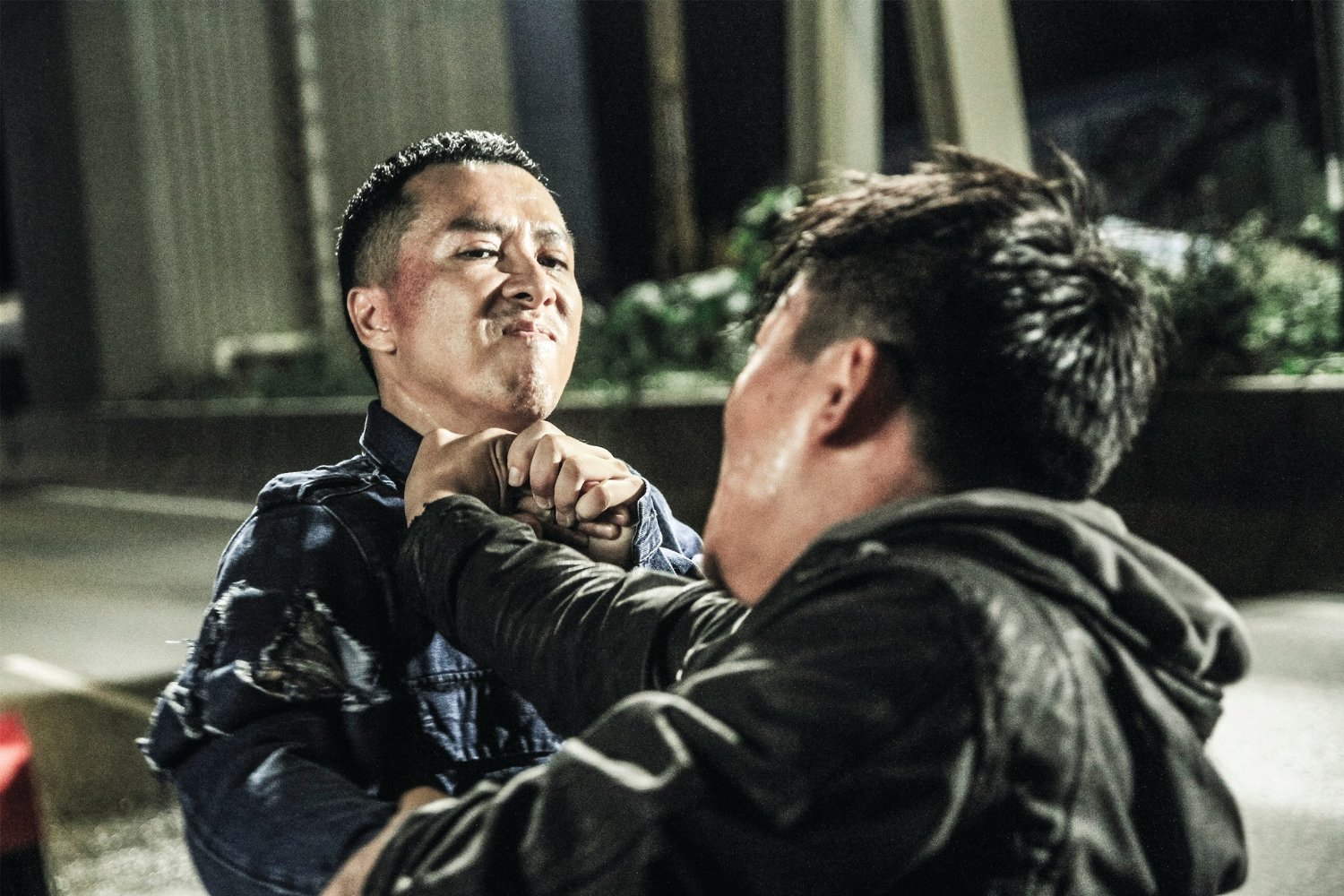
(On working overseas again) Anything goes! With the right project, right script I'll do it! But you Show more
(On working overseas again) Anything goes! With the right project, right script I'll do it! But you can only make so many films a year; you have to choose the one that you want to make! Hide
(On learning from veteran Hong Kong action directors) Of course it's Yuen Wo Ping. He brought me int Show more
(On learning from veteran Hong Kong action directors) Of course it's Yuen Wo Ping. He brought me into the circle. Some of his filming techniques and styles bear great influence on me. Actually, I admire the techniques of other martial arts directors too; they have their own unique ways of handling action scenes. I hope to learn from them. This is my pursuit of martial arts all along - mixed martial arts. Hide
(On working with Jet Li) Ten years ago we did a film called "Once Upon A Time In China, Part II" and Show more
(On working with Jet Li) Ten years ago we did a film called "Once Upon A Time In China, Part II" and it raised the bar of martial arts standard and I was nominated as best supporting actor. "Hero" was a 10-year reunion for us. So we came in as a kind of expectation from the fans. The difference between the two times is the first time we had a rivalry going because I guess we were younger and it was our first time working with each other. But this time was more of a collaboration. We just wanted to make the best action sequence ever. Hide
(On the difference of working as action director in Hong Kong and Hollywood) I think it's a differen Show more
(On the difference of working as action director in Hong Kong and Hollywood) I think it's a difference between the way action is treated in Hong Kong and in Hollywood. In Hong Kong, my job is to "direct" the action, and when I'm shooting the fight sequences, I take over the set. I choose the camera angles and see how the drama intercuts with the action. In Hollywood, you "choreograph" working with the main director. In the old days of Hong Kong action cinema, when the action director worked, the "drama" director went home! Hide
(On working locally and overseas) I don't identify a project as a Hong Kong project or a Hollywood p Show more
(On working locally and overseas) I don't identify a project as a Hong Kong project or a Hollywood project or whatever. The world's getting closer and closer. Who would think that "Crouching Tiger" would win an Oscar as Best Foreign Film? If the film is a good film, it will be seen by the world. I don't know where my home is. If it requires me to do a production in Europe, I go to Europe. If it's in Asian countries, I'll be in Asian countries. Hide
(On the inspiration of becoming a director) I have always been a rebel, in my whole entire life, sin Show more
(On the inspiration of becoming a director) I have always been a rebel, in my whole entire life, since I was just a martial artist. I always have questions in the back of my mind. Why does it have to be this way? Can it be that way? I always try to question and challenge that system and I guess that kind of attitude I brought into the film industry when I was just an actor. I see different films; I see how a director or choreographer would choreograph it. And I say to myself "it can be improved, it can be better and in less time". Or I'd wonder "how come this film is a good film and the other one a bad film, when the budget is not much different?" There are certain techniques, a certain system. When I was an action choreographer, when I used to work for Yuen Woo Ping, I used to grab a whole team of people and just raise questions. To the photographer, or to Yuen Woo Ping: "could it be that way? Could be it, be that? Why not try it this way?" Very soon, I established a kind of trust from Yuen Woo Ping, because I made a lot of his films happen with my suggestions. Hide
(On changing generic fight choreography) Nowadays, martial arts directors go along with the advancem Show more
(On changing generic fight choreography) Nowadays, martial arts directors go along with the advancement in filming techniques. We can use some techniques to coordinate with non-martial artists. In my early days with Yuen Wo Ping, technology was rather backward, whatever we did depended on the raw skills of the actors themselves; but the actors nowadays are exceptionally fortunate. They could rely on editing, doubles, wires, and even special effects to make them look like they could fight well. But I believe, now that the audiences seek authenticity in martial arts, they could be cast aside. That's why we are looking into real combat. Hide
(On exploring different movie roles outside MA movies) Yes, if someone wants to hire me, why not? Wh Show more
(On exploring different movie roles outside MA movies) Yes, if someone wants to hire me, why not? Why not get paid the same and have less of a physical demand? But I would absolutely not stop. It's great to do martial arts films, and rep martial arts films, and be a successful icon, and set trends. I feel it's an honor to set a trend in the martial arts film world. Hide
(On the difference of working in Hong Kong and overseas) Two big differences: time and money! Actual Show more
(On the difference of working in Hong Kong and overseas) Two big differences: time and money! Actually, time, because you can give me all the money in the world and, if I don't have enough time, I can't give you a great action scene. The big difference in Asia is that the action director has complete control over that aspect of the film, from concept to shooting to editing. The Hollywood system is much more organized, and you have to deal with all these different producers etc. In some ways, that can be good. The development of scripts and the overall preparation for a film is definitely better in Hollywood. We have to try and bring the best from east and west together. Hide
When you watch my films, you're feeling my heart.
When you watch my films, you're feeling my heart.
(On the action choreography of Dou fo sin (2007)) The real challenge was in meeting my own expectati Show more
(On the action choreography of Dou fo sin (2007)) The real challenge was in meeting my own expectations. I have such huge respect for MMA fighters, and I was determined that we should make every effort to present their art cinematically, without compromising on the techniques and "reality" of what they do. I underwent MMA training, I watched hours of fight footage and, in the end, I think we came close to capturing the MMA flavor in our fight scenes. The biggest challenge, for me was doing repeated takes of the movements that I choreographed for myself. Sometimes it really did feel like I'd been in a real fight! Hide
Donnie Yen's FILMOGRAPHY
All
as Actor (53)
as Director (1)
 Donnie Yen'S roles
Donnie Yen'S roles














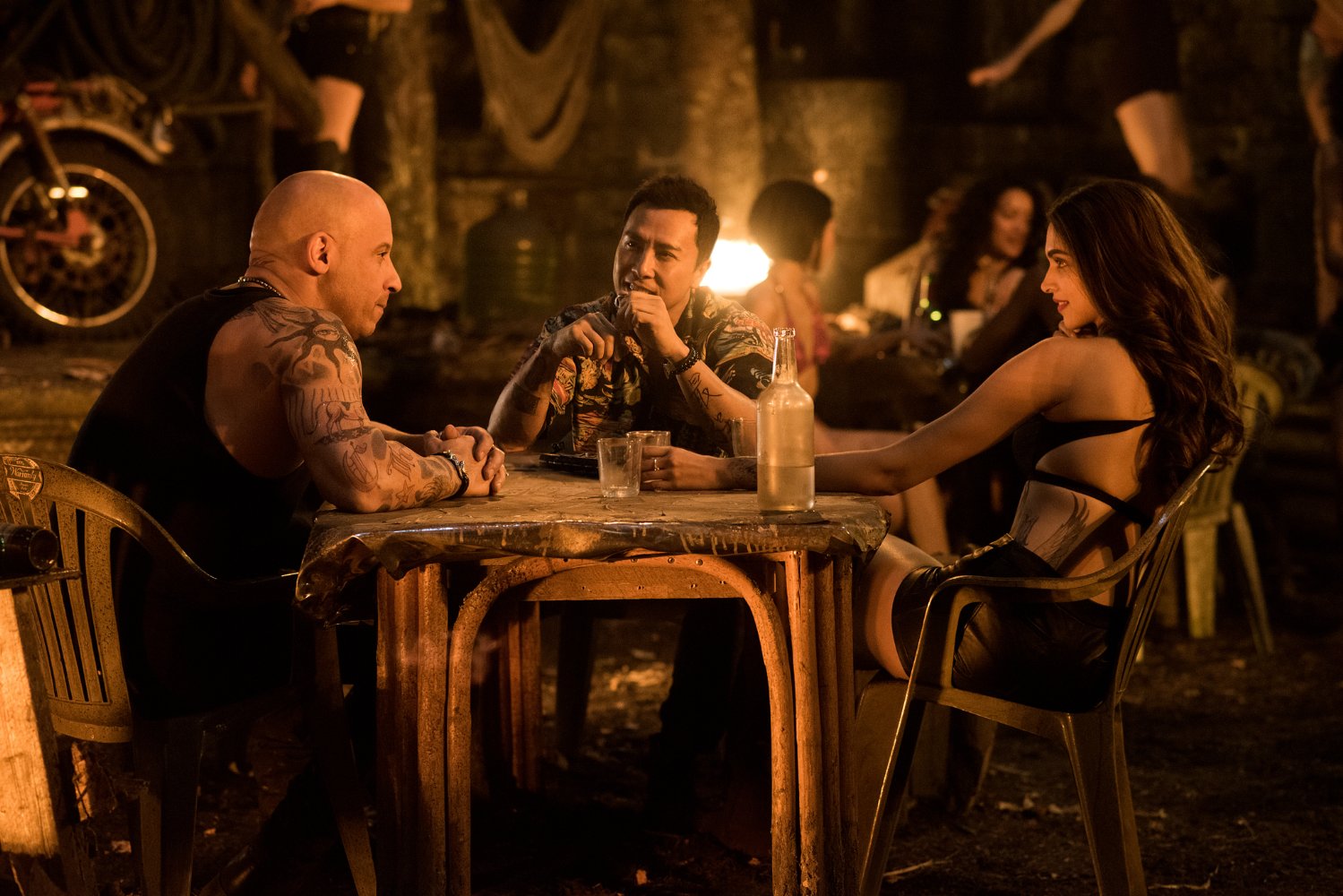
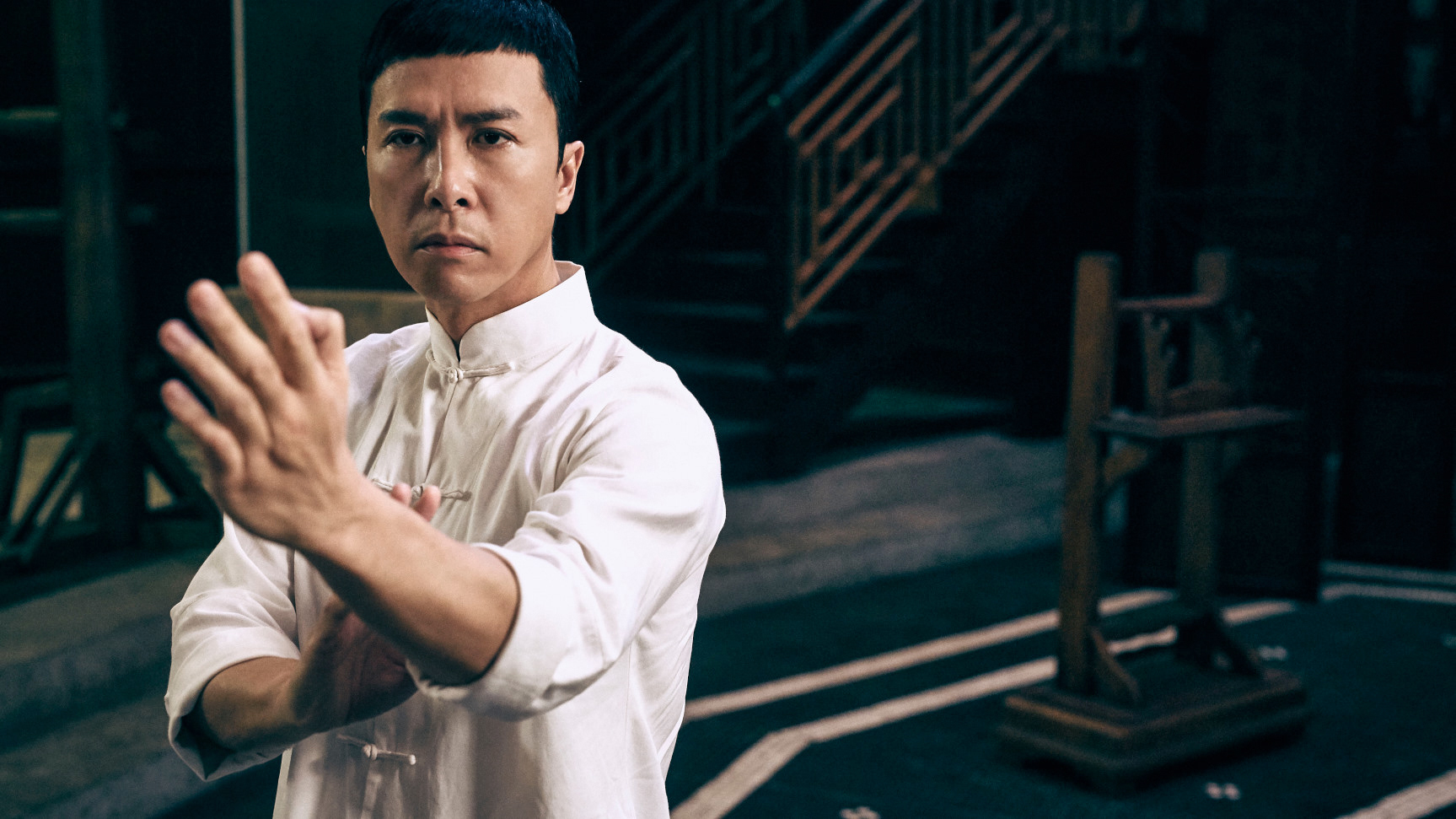
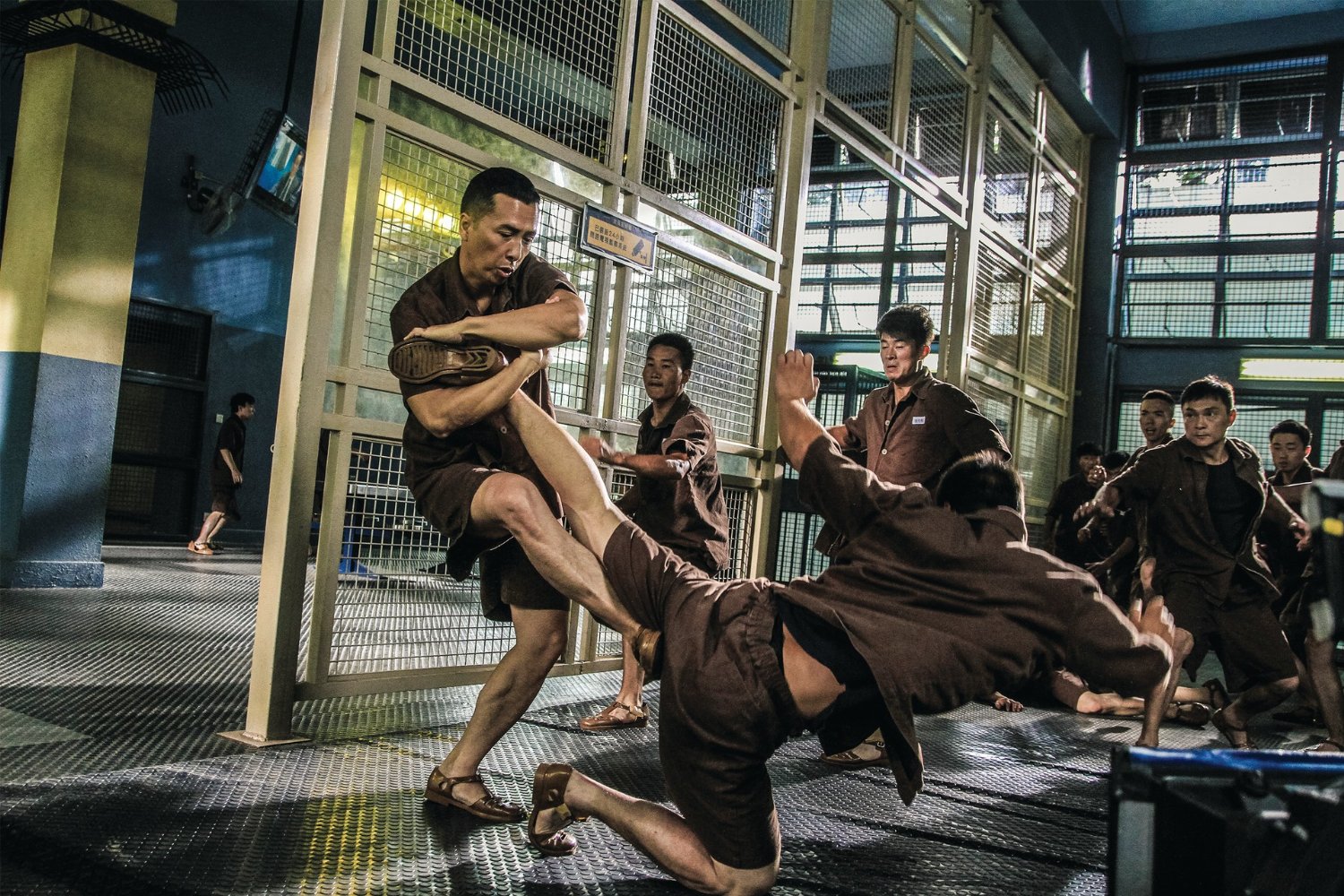
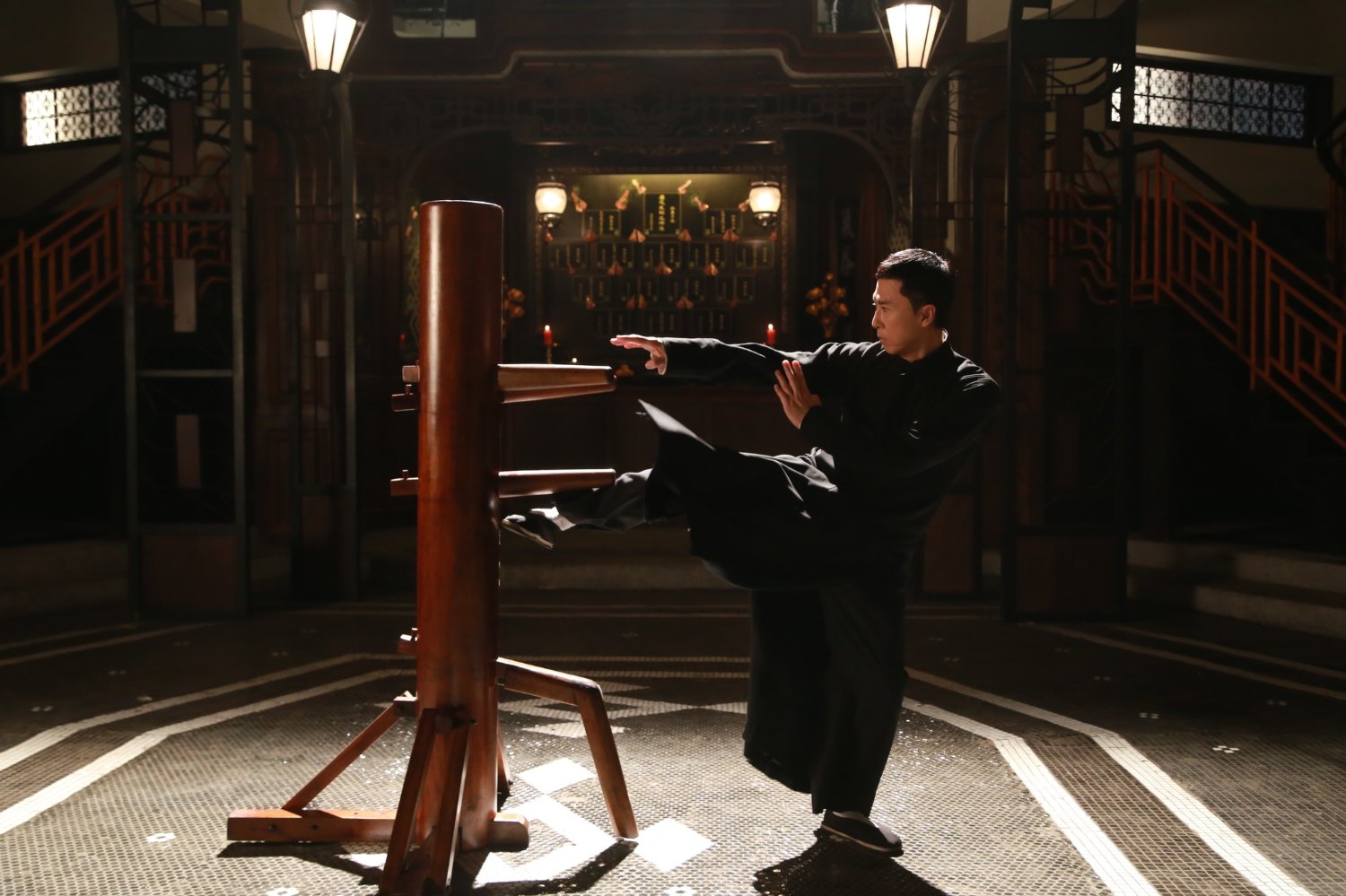
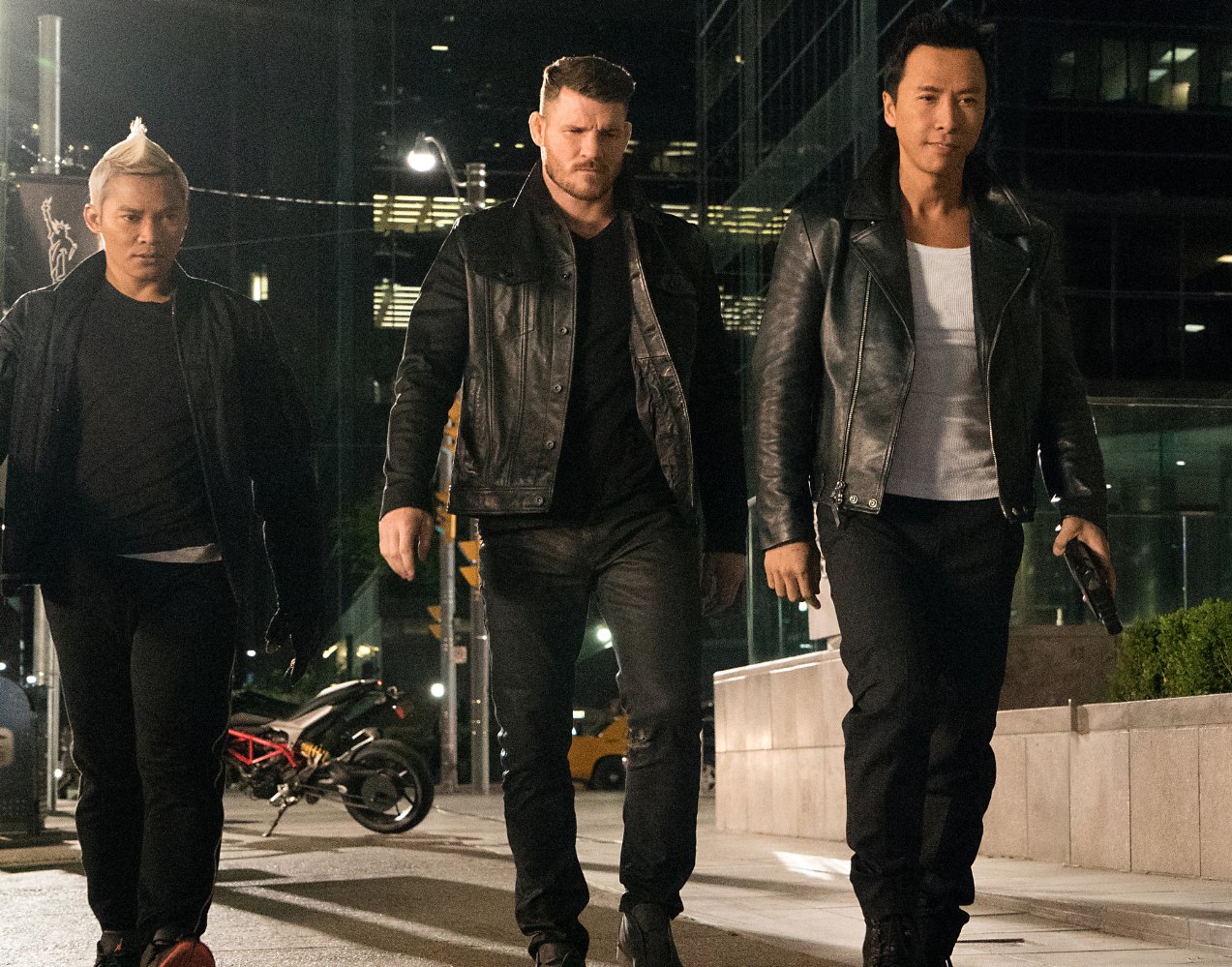
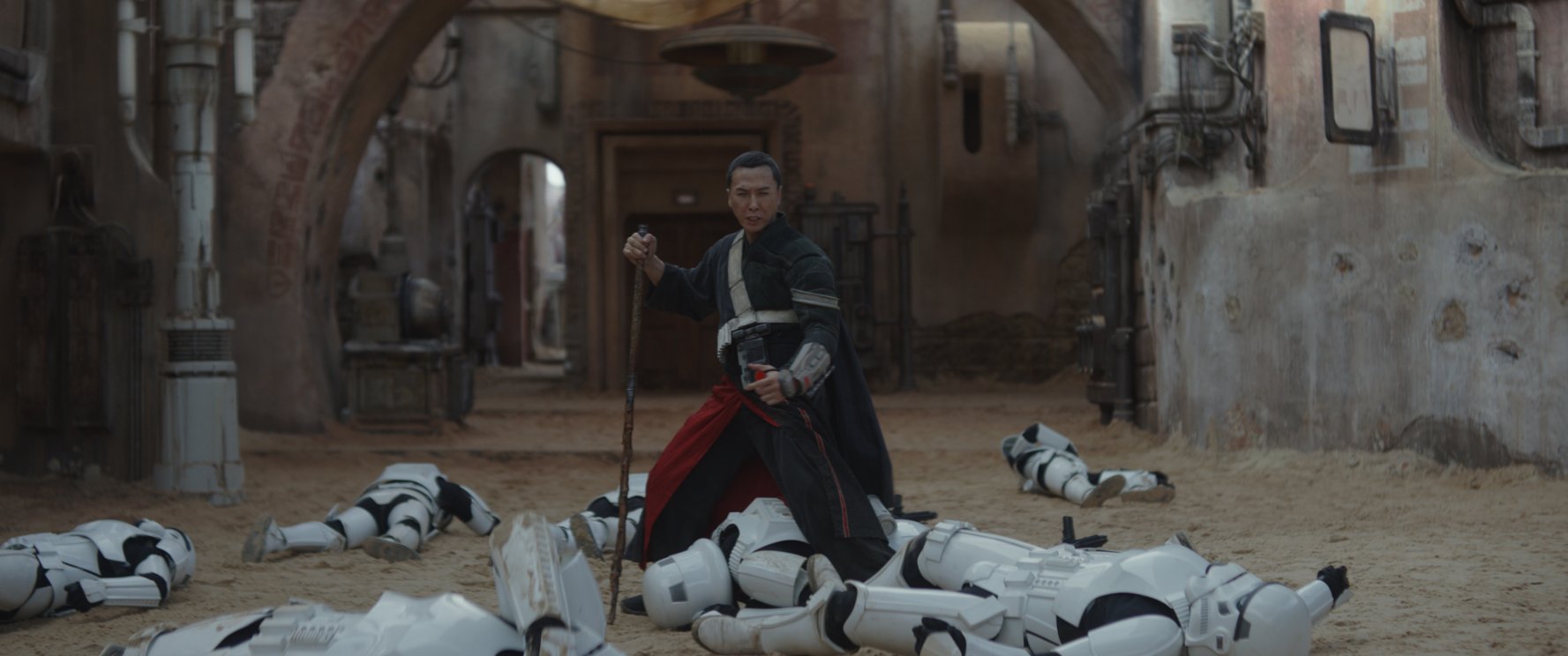
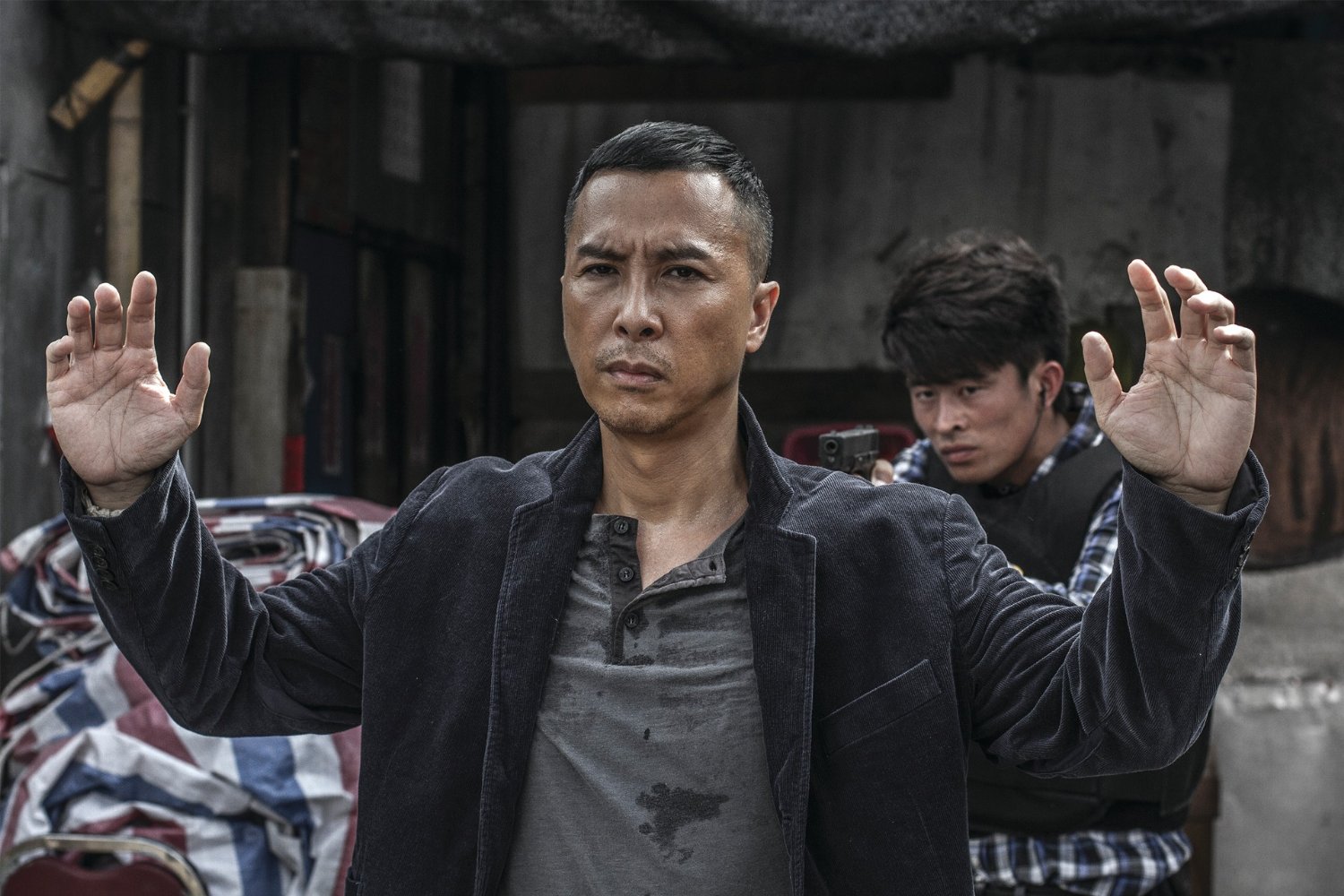
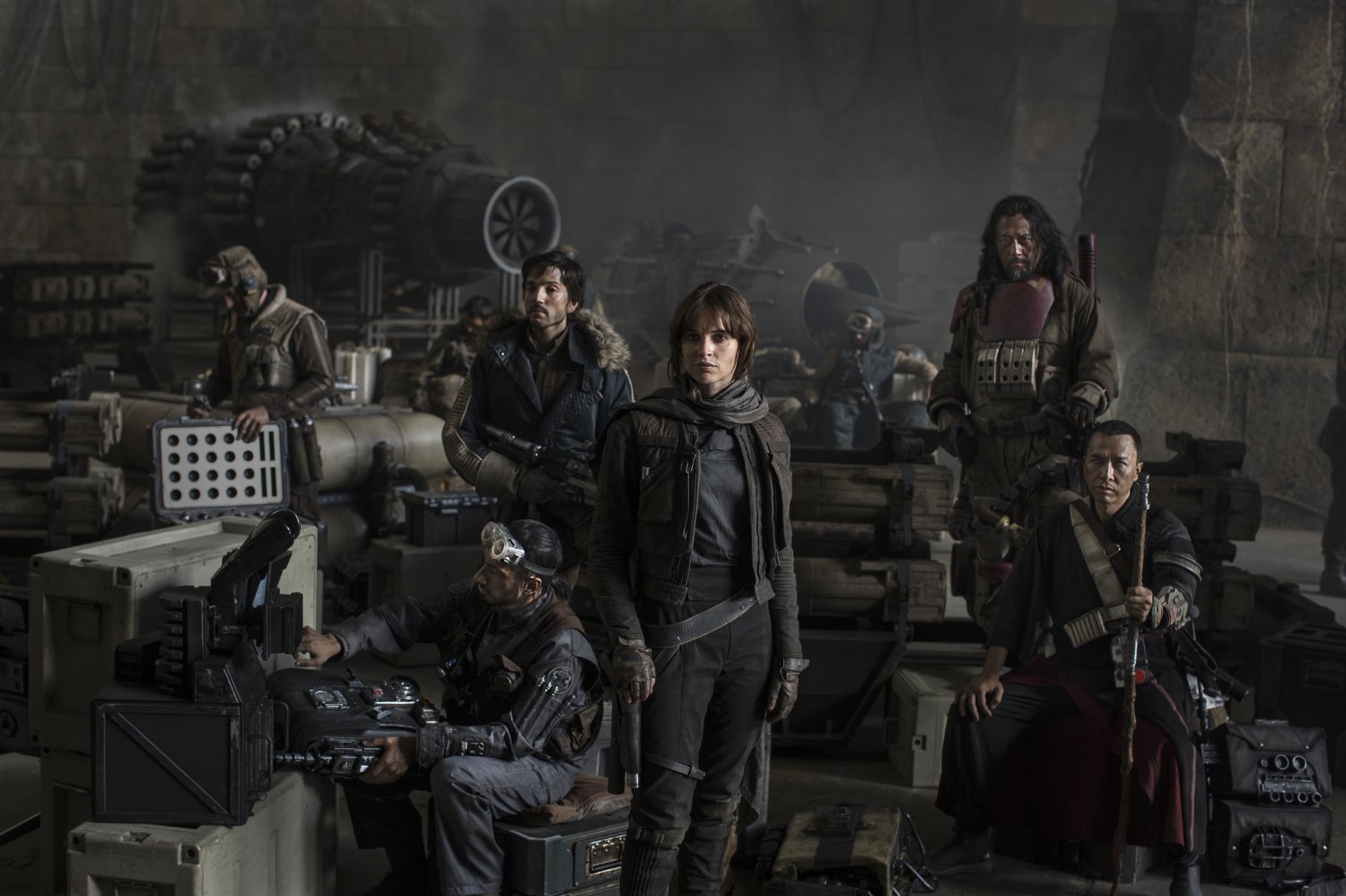
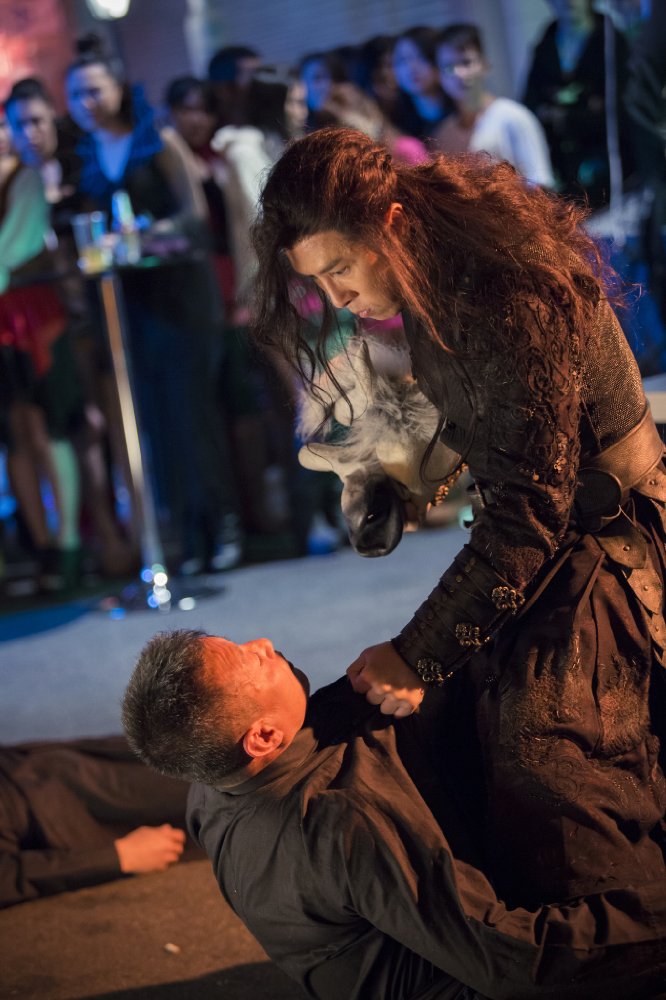
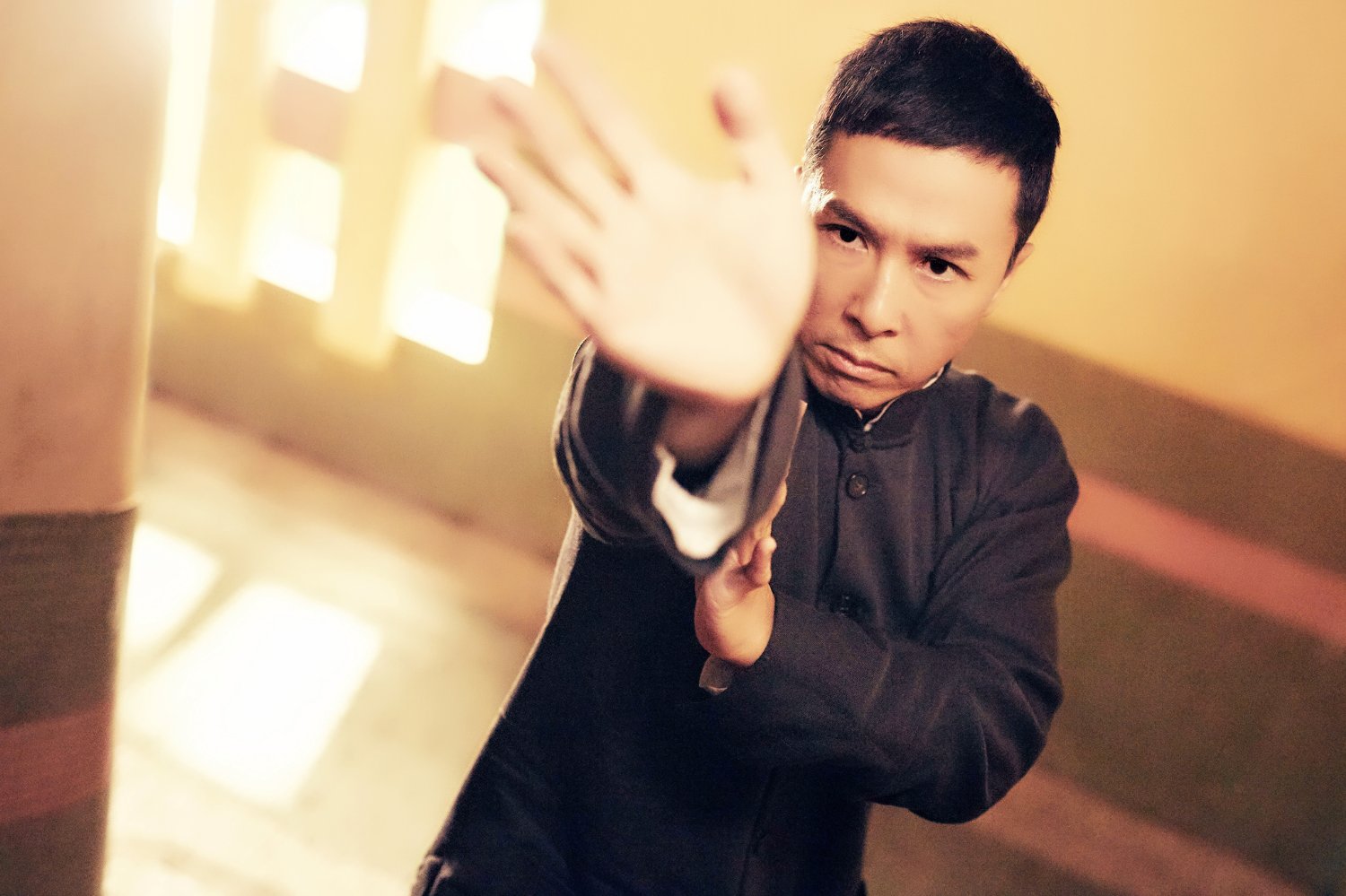
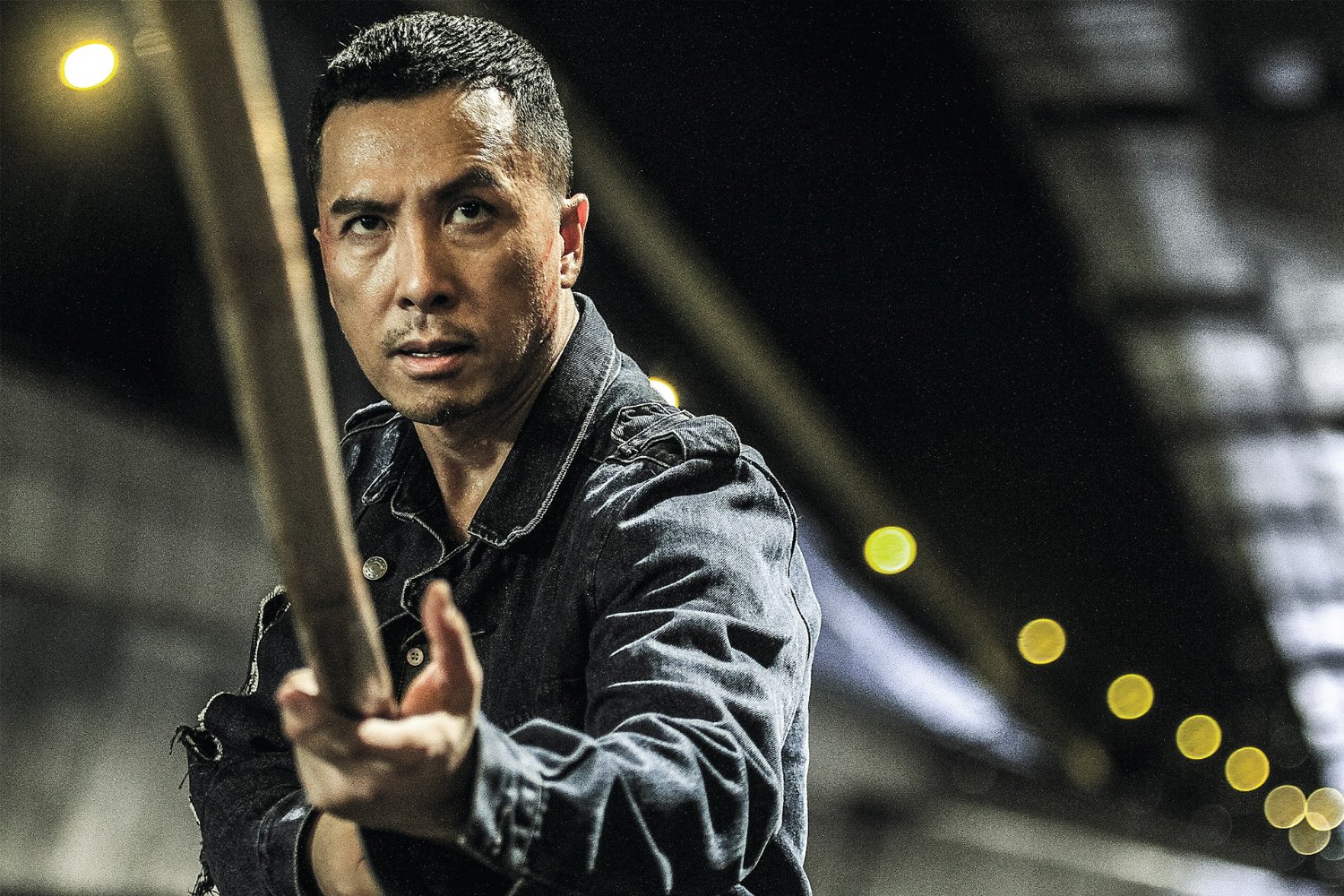
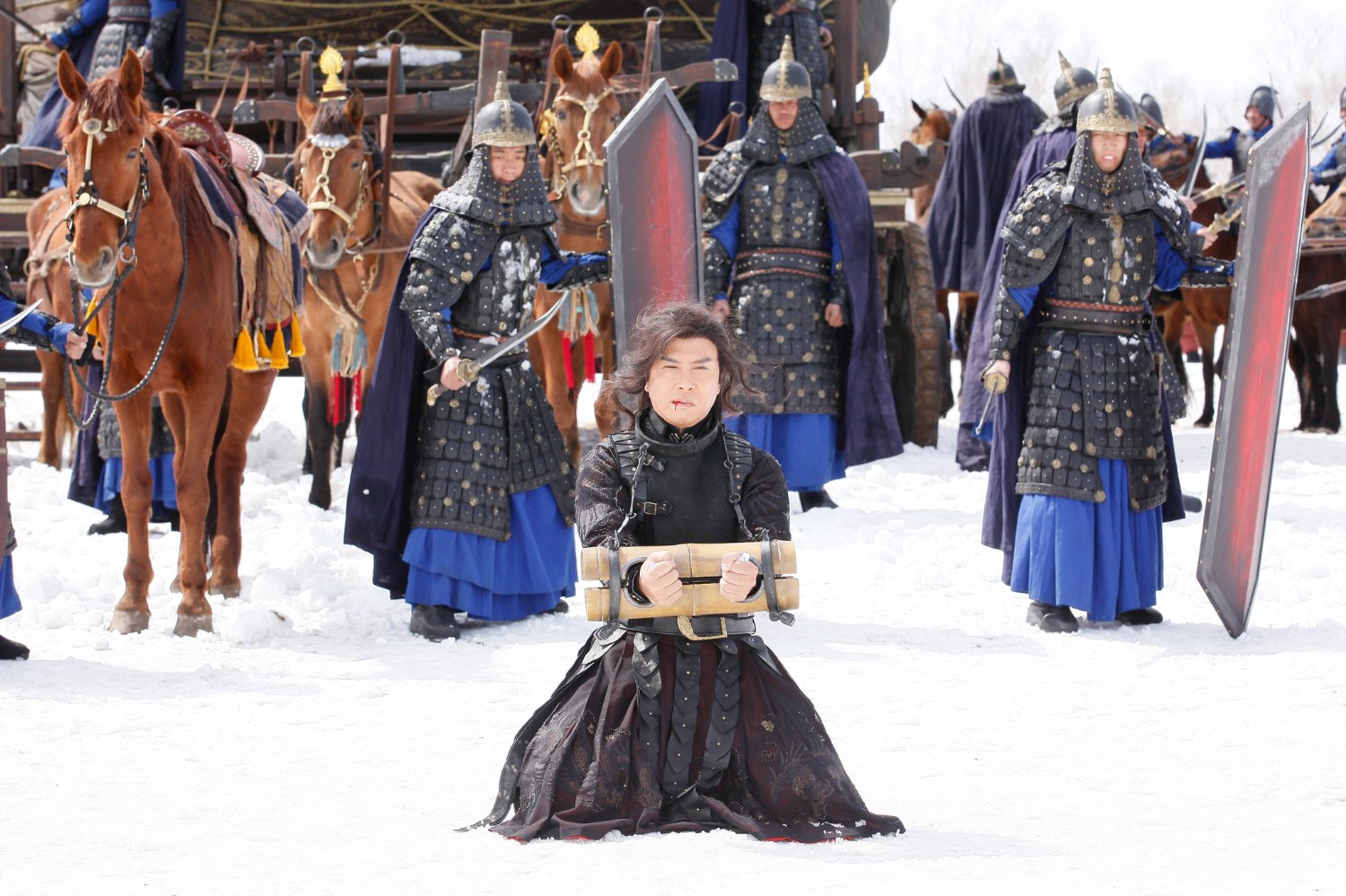
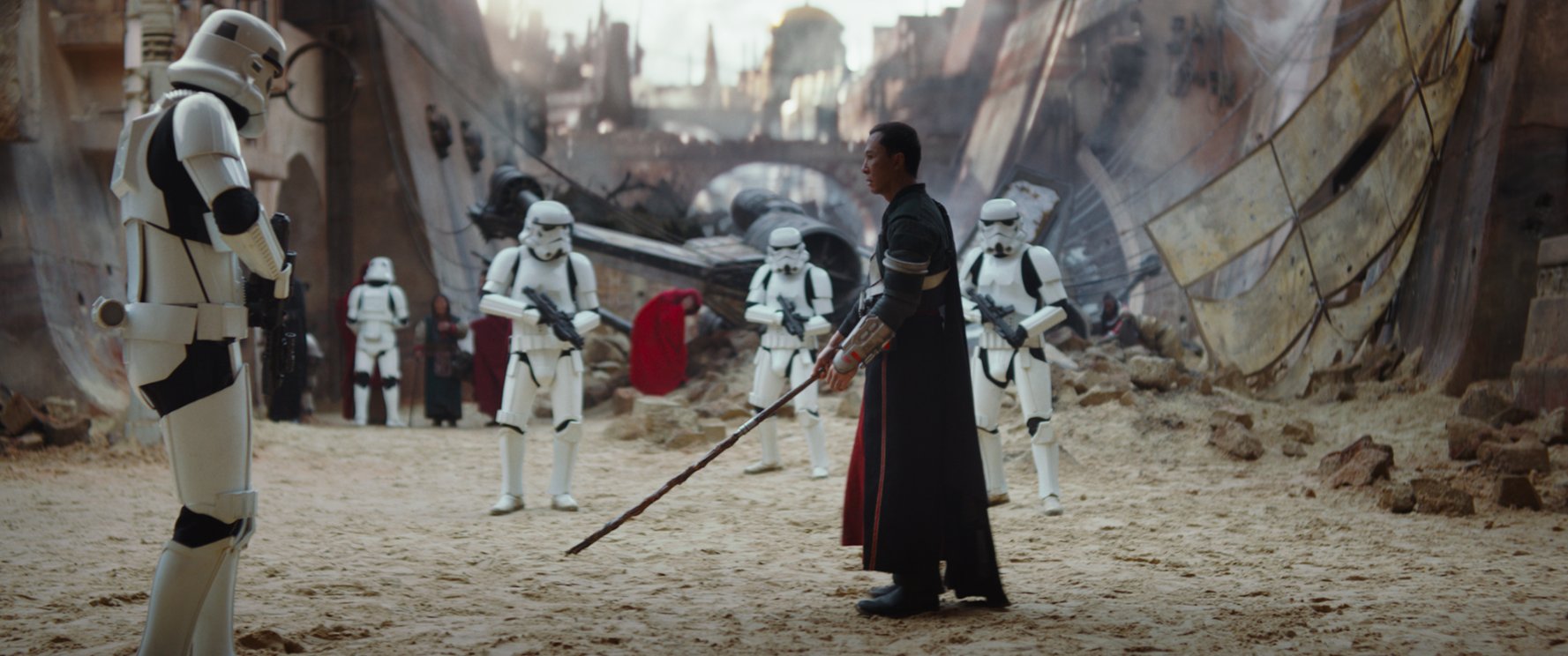
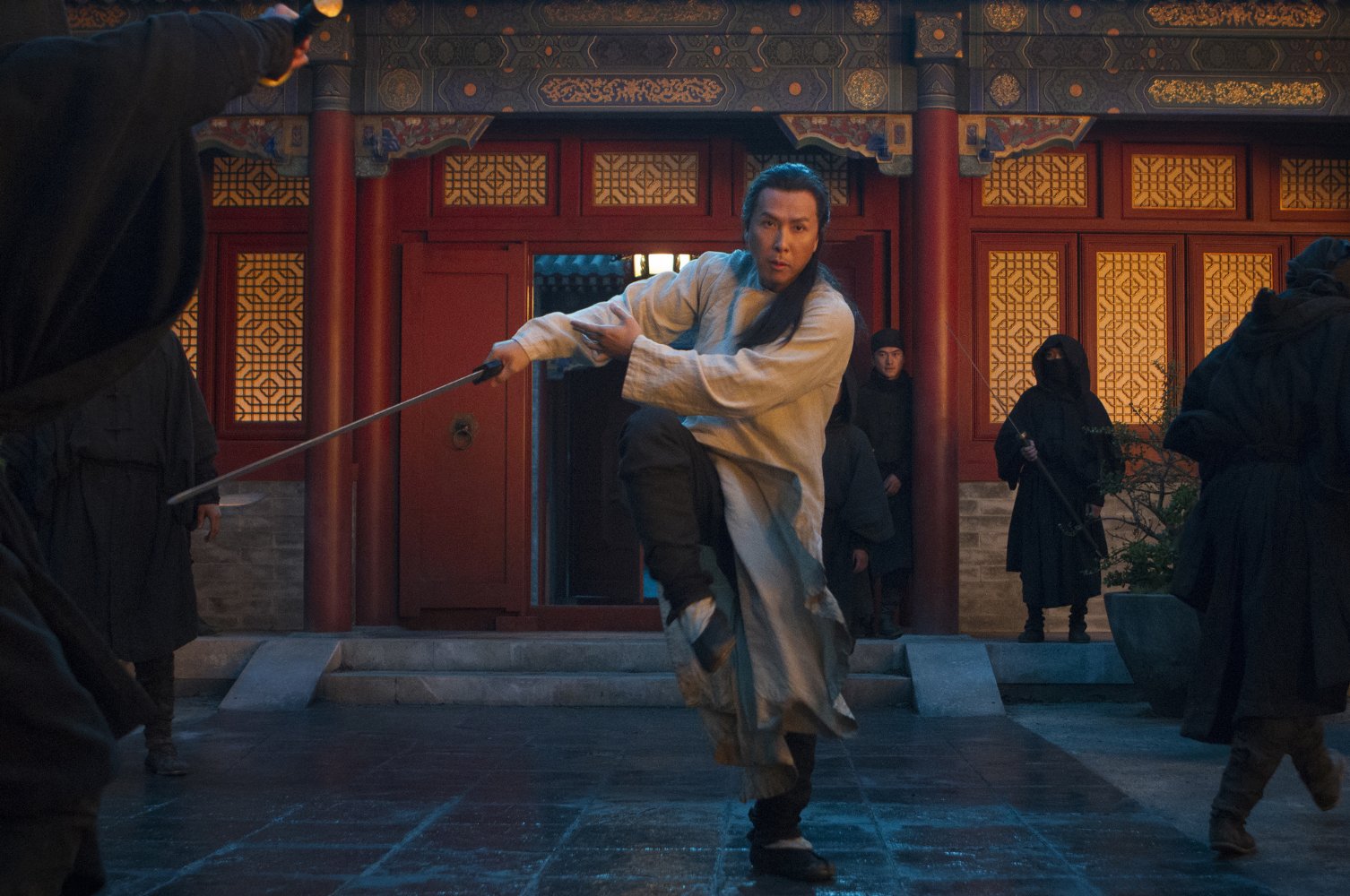
![Chasing the Dragon (Chui lung) [Sub: Eng]](https://static.new-fmovies.cam/img/movies/aGEcbrCvFSwi4b14C4VqYjrflWAKgafKByGzn91BdOBub4jACNDQphIhxFkRvIX8OriW2NrShVMLywBQjKA6mwYtEcj6yw3nvu7OrT-uJkw.jpg)
![Hua pi [Audio: Chinese]](https://static.new-fmovies.cam/img/movies/za7KGRZye1iWxz7g5W_SCinQrBACZq4KuZN-OdHCgHQzjsNsUBFVf-WfBrunqzegzeVN38AuzGcxCjhuDJlUjF_kGxdcdx9E-Wj3d2DMTPw.jpg)


![Legend of the Fist: The Return of Chen Zhen (The Return of Chen Zhen) [Sub: Eng]](https://static.new-fmovies.cam/img/movies/bayjm8XugrYevLRy7yyFk-_y4iixIVk02EmQhvJ90qUxuI0oY79jn5kwqzDZXN7Ac8MvWxSP3Rf64F44TEyoWRiLoDLYP2FGbGumsyC4UIE.jpg)













![On That Night... While We Dream (Gong shou dao) [Sub: Eng]](https://static.new-fmovies.cam/img/movies/Y2Olv_YQiJ1vf081nTd07dKLa2hGVo7ruvgcftF6ZkfsZbqPGCAWnAw1SYLYw_dNojQ-QDyN2xataqSLpzro7S0WPDy9U6vX0bSDj7io8Pc.jpg)




![Hero (Ying xiong) [Audio: Chinese]](https://static.new-fmovies.cam/img/movies/x7X-iFXw7quvTVvZxTmhPcio0oZDILGjYY8EW08SyqAIziybq2-Yl2W7KjfzuoSK9QEJjCjqrphTAULV77Evz8AvPzDKRj_28-JOL4AoiYA.jpg)












